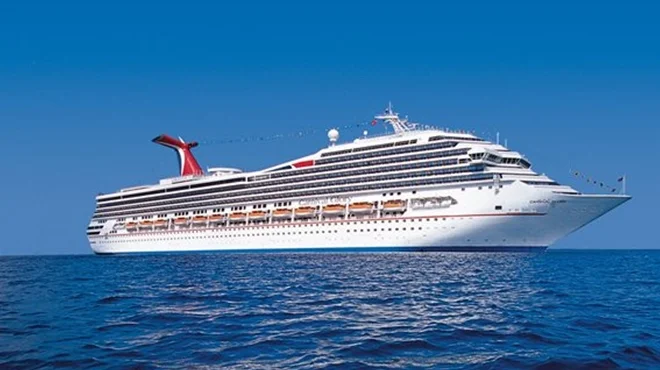In recent years, the City of Cape Town has had the pleasure of welcoming numerous cruise ships to the city.
The MS Queen Elizabeth and the MSC Musica luxury cruise liners docked at the Cape Town harbour earlier today
The City’s Mayoral Committee Member for Economic Opportunities and Assets Management, Alderman James Vos, visited the cruise liners to personally extend a warm welcome on behalf of the City.
The cruise industry has experienced significant growth from just 6 050 passengers in 2012, to 29 269 passengers in 2016, and 31 035 passengers in 2017. During the 2016/17 cruise season, approximately 19 vessels visited the Cape Town harbour. There is also a significant increase in local cruising along the South African coastline.
The cruise tourism industry has shown significant year-on-year growth and makes a substantial contribution not only to Cape Town’s economy but to the South African economy at large.
“For every 12 tourists visiting our shores, one job is created. We will continue to invest in tourism programmes and projects that drive demand and make business sense, as tourism sustains about 150 000 jobs in Cape Town,’ said Alderman Vos.
The recent construction of a dedicated cruise terminal, funded by the V&A Waterfront, has proven to be a worthwhile venture and it is already showing a massive return on investment.
The average daily tourist spends between R501 – R1 000 (excluding accommodation).
The average spend by an international tourist per trip is R8 400 in-destination (while in Cape Town), and a R10 600 prepaid spend (before a traveller arrives on our shores).
Figures from Cape Town Tourism indicate that the projected value of the cruise tourism industry between 2017 and 2027 is estimated to be in the region of R220 billion.
Cruise ships carrying around 2 000 passengers result in spending to the value of R2 million per day.
These economic benefits arise from a number of sources such as the spending power by cruise passengers and crew, the shoreside staffing by cruise liners for tour operations, the spending by cruise liners for goods and services necessary for cruise operations, and the spending for port services and maintenance.
